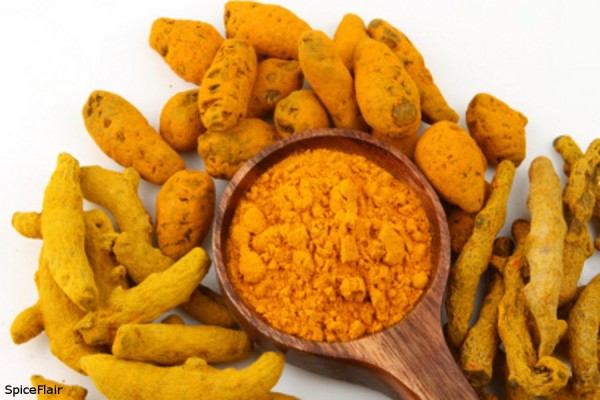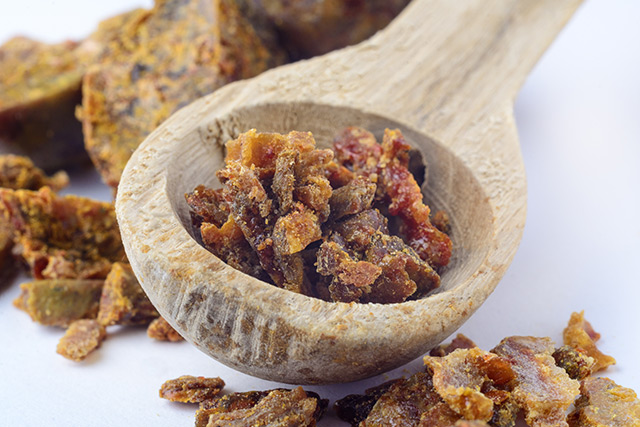 Parler
Parler Gab
Gab
"Docosahexaenoic acid (DHA, C22: 6n-30) is the most prevalent omega 3 (n-3) fatty acid in brain tissue, and its deficiency is linked to several neurocognitive disorders such as anxiety-like behavior [1, 2], Alzheimer's disease [3], major depressive disorder [4], schizophrenia [5] with psychosis [6] and impaired attention [7, 8]. Extensive reports using rodent models have identified that deficiency of DHA during growth and development causes significant learning and memory impairments [2, 9-12]. In addition to being critical for brain development [13-17] dietary DHA is particularly important during challenging situations such as aging [18-21], or brain injury [22, 23]. Notably, low levels of DHA are associated with generalized anxiety [4] and supplementation with DHA has been shown to have anxiolytic effects [24-27]. Thus, n-3 fatty acids play a critical role in brain health and the overall prevention of cognitive disease."Mammals must either consume DHA from animal sources (e.g. wild fish, grass fed meat) or synthesize it from plant-based omega-3 fatty acid precursors such as α-linolenic acid, as commonly found in flaxseed, walnuts and chia seeds. DHA synthesis occurs primarily in the liver, with the brain capable of producing only a limited quantity. Vegetarians and vegans generally have reduced blood plasma levels of DHA compared to omnivores. And yet, despite the low levels of DHA in a plant-based diet the researchers pointed out: "[M]any populations thrive on an entirely plant based diet and are able to obtain adequate levels of DHA to support cognitive development and plasticity." Because of this seeming contradiction the researchers hypothesized that other food components in the vegetarian diet "might enhance the conversion of DHA from n-3 precursors." They also noted that animal studies showing cognitive impairment associated with DHA deficiency is not congruent with human data reporting the normal cognitive abilities of vegetarians. This discrepancy lead them to conduct their investigation with the purpose of determining "whether components commonly consumed in traditional vegetarian diets could enhance DHA content in the brain and the synthesis of DHA from plant-based sources." The study revealed three principal findings:
- Curcumin enhances the synthesis of DHA from its precursor, α-linolenic acid (C18: 3n-3; ALA) and elevates levels of enzymes involved in the synthesis of DHA such as FADS2 and elongase 2 in both liver and brain tissue
- Curcumin increases DHA synthesis in the liver
- Treatment with curcumin and ALA resulted in elevations in brain DHA and were associated with reduced anxiety-like behavior in rodents
"Taken together, these data suggest that curcumin enhances DHA synthesis, resulting in elevated brain DHA content. These findings have important implications for human health and the prevention of cognitive disease, particularly for populations eating a plant-based diet or who do not consume fish, a primary source of DHA, since DHA is essential for brain function and its deficiency is implicated in many types of neurological disorders."The researchers pointed out that the observed curcumin-induced increases in DHA levels may be an indirect result of reduced oxidative stress and anti-inflammatory properties of curcumin:
"For example, oxidative stress is inversely related to liver FASD2 and Δ5 desaturase activities [enzymes involved in DHA synthesis] and it has been hypothesized that reduction in plasma antioxidant activity may promote the direct inactivation or reduced expression of liver FASD2 [110]. Thus, the effect of curcumin on levels of FASD2 may be indirectly related to its antioxidant properties."Discussion This study has significant implications for the ongoing debate between those in the ancestral nutrition (e.g. Paleo diet) versus plant-based (e.g. vegan) philosophical camps. According to prevalent beliefs regarding our recent evolutionary history as hunter-and-gatherers, interrupted only 10,000 years ago during the transition from the Paleolithic (Stone Age) to Neolithic cultural modes, we require a certain amount and type of animal food in order thrive. If this new research is found to be relevant to human nutrition, our suboptimal genetic potential to convert plant derived omega-3 fats to DHA may be mitigated or compensated for with the use of special 'plant allies' such as turmeric. Indeed, a growing body of research now indicates that many of our supposed genetic limitations are compensated for epigenetically through microbes in our body that help us to generate vitamins, fatty acids, enzymes, immune compounds, neurotransmitters, etc., which our eukaryotic cells alone are incapable of meeting the sufficient demand for. Ultimately, this research sheds light on just how little we still know about our metabolic needs and capabilities and the profound complementarity and dialog that occurs between the animal and plant kingdoms in the realm of nutrition – a field of study still in its infancy. Read more at: GreenMedInfo.com
Prepping essentials: Why you should waste no time stocking up on honey
By Olivia Cook // Share
Wife of Trump impeachment figure Rachel Vindman mocks Trump after assassination attempt
By News Editors // Share
UN ‘pact for the future’: Digital IDs, vaccine passports, massive censorship
By News Editors // Share
By News Editors // Share
Extreme anticancer potential of propolis
By News Editors // Share
VIDEO: Ecuador’s exiled ex-president Correa discusses the US lawfare agenda with The Grayzone
By News Editors // Share
Governments continue to obscure COVID-19 vaccine data amid rising concerns over excess deaths
By patricklewis // Share
Tech giant Microsoft backs EXTINCTION with its support of carbon capture programs
By ramontomeydw // Share
Germany to resume arms exports to Israel despite repeated ceasefire violations
By isabelle // Share










